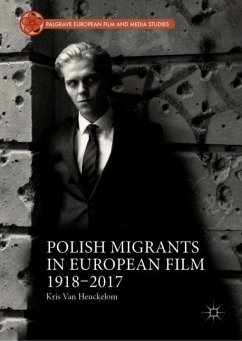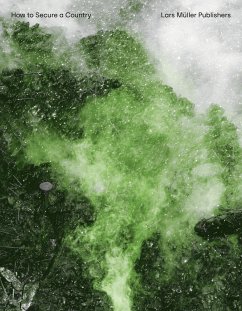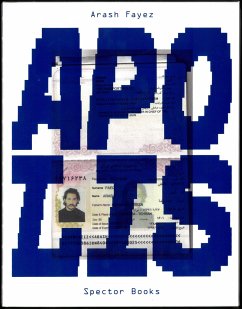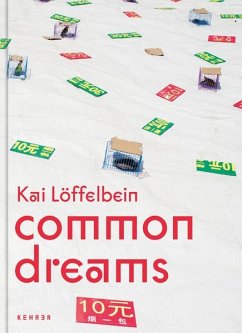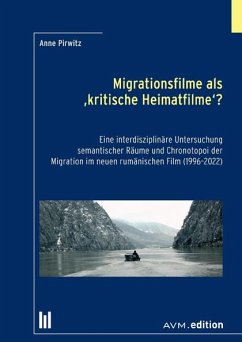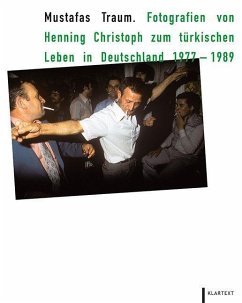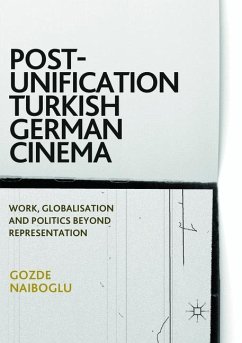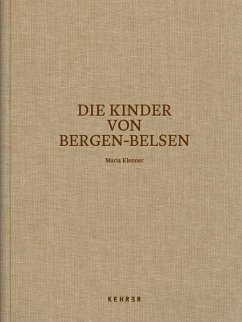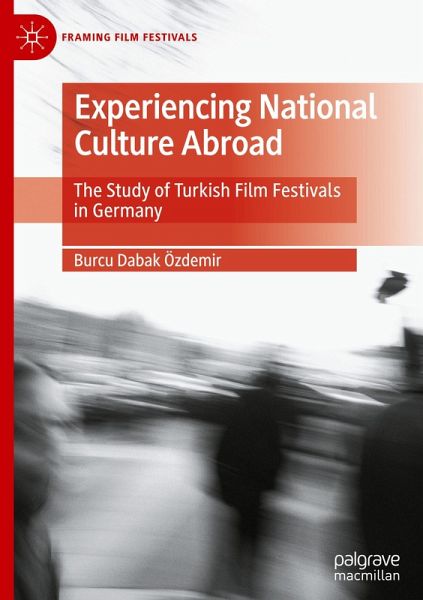
Experiencing National Culture Abroad
The Study of Turkish Film Festivals in Germany

PAYBACK Punkte
16 °P sammeln!
Immigrant film festivals are multifaceted events where complex networks of identities and symbolic values are constructed, circulated, and debated through various channels, including program screenings, ancillary events, press releases, financial backing, and audience engagement. As such, immigrant film festivals can be seen as discourse-producing practices. Based on this idea, this book offers a comprehensive study of three prominent Turkish film festivals in Germany: the International Frankfurt Turkish Film Festival, the Nuremberg Turkey/Germany Film Festival, and the Munich Turkish Film Day...
Immigrant film festivals are multifaceted events where complex networks of identities and symbolic values are constructed, circulated, and debated through various channels, including program screenings, ancillary events, press releases, financial backing, and audience engagement. As such, immigrant film festivals can be seen as discourse-producing practices. Based on this idea, this book offers a comprehensive study of three prominent Turkish film festivals in Germany: the International Frankfurt Turkish Film Festival, the Nuremberg Turkey/Germany Film Festival, and the Munich Turkish Film Days. The overarching objective is to comprehend the multifaceted influence of these festivals on the construction of discourses on Turkish immigrant identity while also seeking to illuminate how these festivals reshape both the host country and the country of origin and produce ideas for Turkish immigrants This is achieved through an examination of the diverse representation strategies engendered by these festivals. By employing a multifaceted research approach-including content analysis, audience studies, semi-structured interviews with festival managers, and participant observation-this study seeks to provide a nuanced understanding of the complex interplay between immigrant film festivals, cultural identity formation, and the socio-political dynamics within both the host and origin countries. Through rigorous scholarly inquiry, it aims to contribute to academic discourse on the role of film festivals in shaping cultural narratives, fostering intercultural dialogue, and facilitating processes of integration and belonging within immigrant communities.



